In this article, I discuss various ways in which specific thoughts and thinking patterns contribute to addictions.
As is the case with common counselling issues like depression and anxiety, the way a person thinks is a key factor contributing to addictions of various kinds including alcohol, drugs, eating, sex and gambling. And, as is the case with other issues, identifying and changing these thoughts is often a fundamental part of the treatment for these addictions. The following are some of the common thoughts and thinking patterns which contribute to and maintain addictive behaviours:
Thoughts about urges and cravings
People with addictions often engage in their addictive behaviours in response to urges and cravings. It is not the urges and cravings themselves, but rather the thoughts the individual has in response to them which results in their engaging in the addictive behaviours. These include thoughts like “the only way to stop my cravings is to use”, “the cravings will only get stronger so I might as well use” and “once the cravings start, I have no control over my behaviour”. Testing the validity of these thoughts and replacing them with thoughts which focus on the individual having control over their behaviouir in response to cravings is one important way that changing people’s thinking can help them address their addictions.
Permission-giving thoughts
Permission-giving thoughts result in the individual choosing to engage in their addictive behaviour by telling themselves it is OK to do so. Examples include, “I deserve to reward myself for what I’ve done,” “I’ll just have one and then stop” and “Everyone else is doing it, so it’s OK if I do it”. Replacing permission-giving thoughts with thoughts which do not result in the person believing it is OK to engage in the addictive behaviour is a second important cognitive technique to address addictions.
Thoughts which focus on needs fulfilled by the addictive behaviour
Some people with addictions view their addictive behaviours as necessary because they fulfill an important need or function—in most instances emotional in nature—which they cannot fulfill by any other means. “If I am stressed, drinking helps me to calm myself” and “If I am depressed and I don’t have a drink, I won’t be able to cope” are examples of these need-based thoughts. Replacing these thoughts with ones in which the individual focuses on fulfilling their needs in other ways can be a significant turning point in helping a person address their addiction.
Thoughts following slips
A ‘slip’ can be considered engaging in the addictive behaviour briefly or on a single occasion after a period of abstinence—such as having one drink after not having consumed any alcohol for several months. The kind of thoughts a person has when they experience a slip can make the difference between their getting back on track by not engaging further in the addictive behaviour and spiraling into a relapse in which they revert to their previous high-frequency pattern of engaging in the addictive behaviour.
Overly negative (that is, distorted) thinking about the meaning of slips puts the individual at risk of relapsing. This negative self-talk can include telling oneself that their engaging in the addictive behaviour on this occasion means they haven’t made any progress—ignoring the fact that prior to the slip they may have implemented skills on many occasions to successfully address their addiction. Responding to slips by instead reminding yourself you are not back at square one just because of a slip, that you can get back on track by using the skills you have acquired, and using the slip as a learning experience to handle things better the next time you are in a similar situation represent cognitive strategies which favour moving forward rather than relapsing.
A psychologist specializing in cognitive behavioural therapy (CBT) can help you implement the changes in thinking discussed in this article to address your addiction issues. Part of my work as a Calgary psychologist and a Cochrane psychologist involves helping clients apply these CBT skills as a key element of their addiction counselling.
May your thinking help you address your addictions,
-Dr. Pat


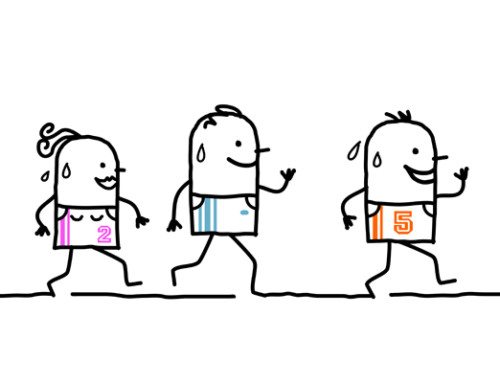
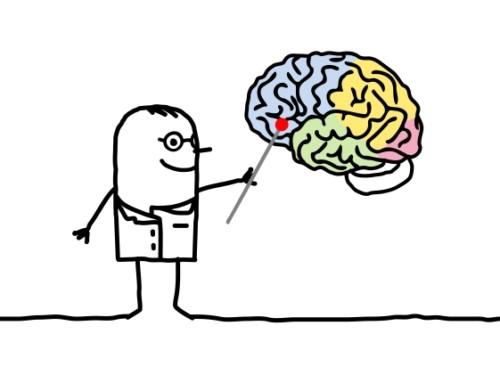
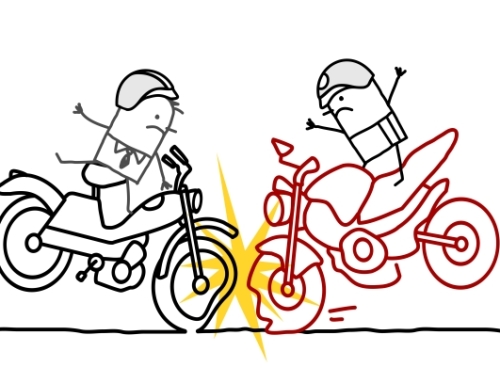
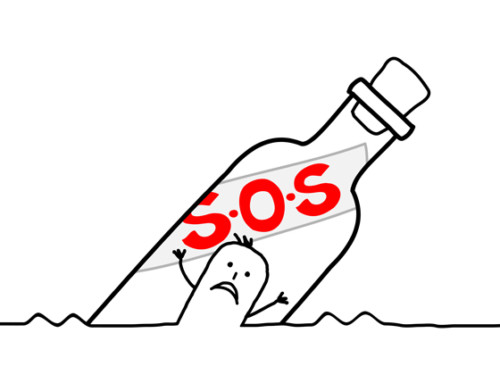
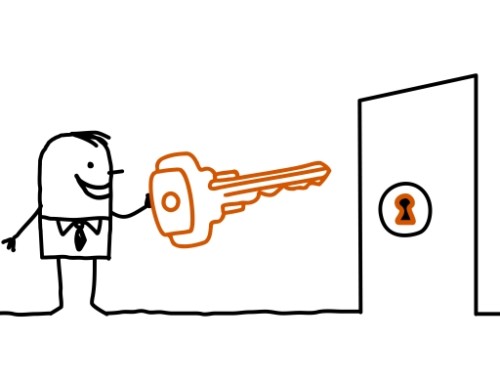
Leave A Comment